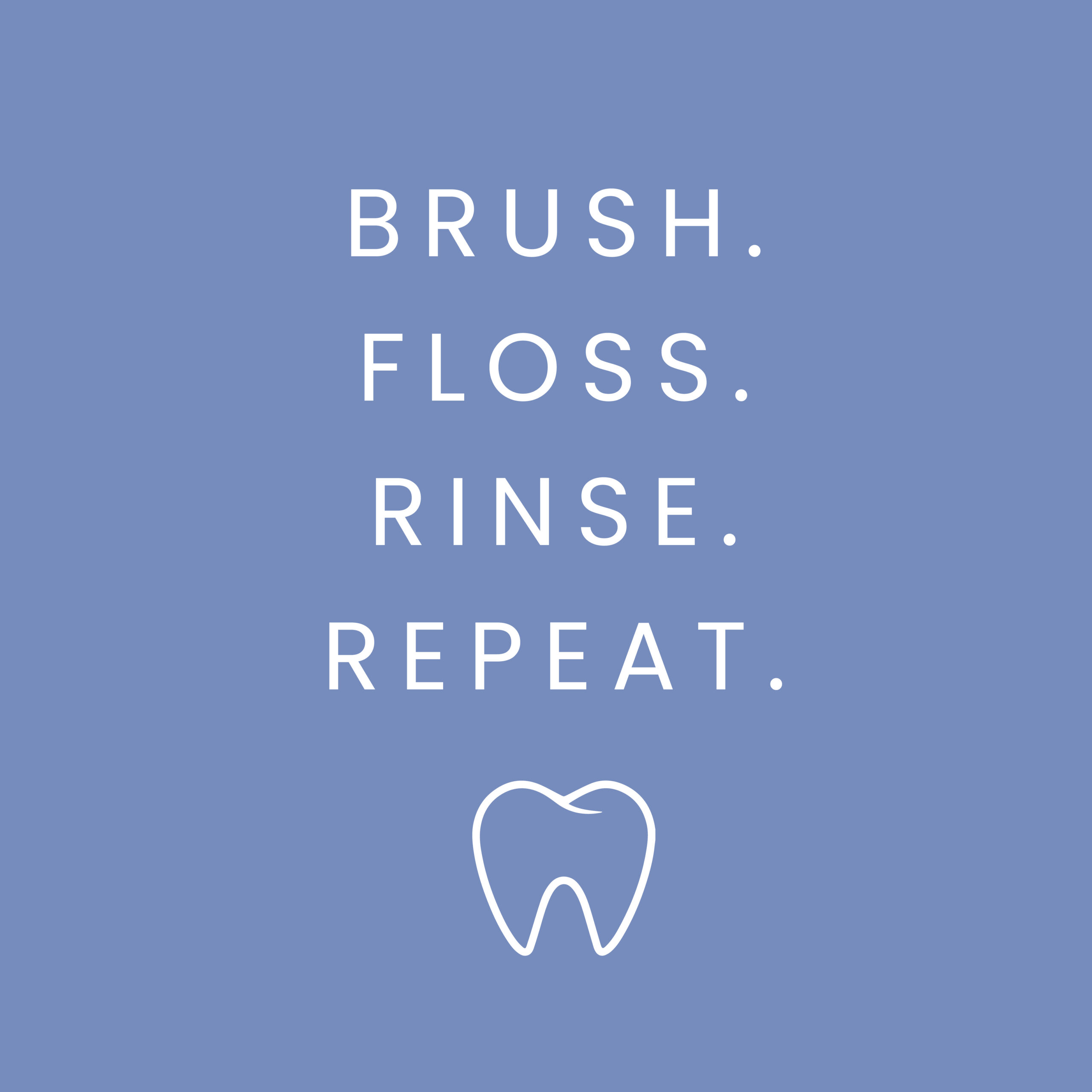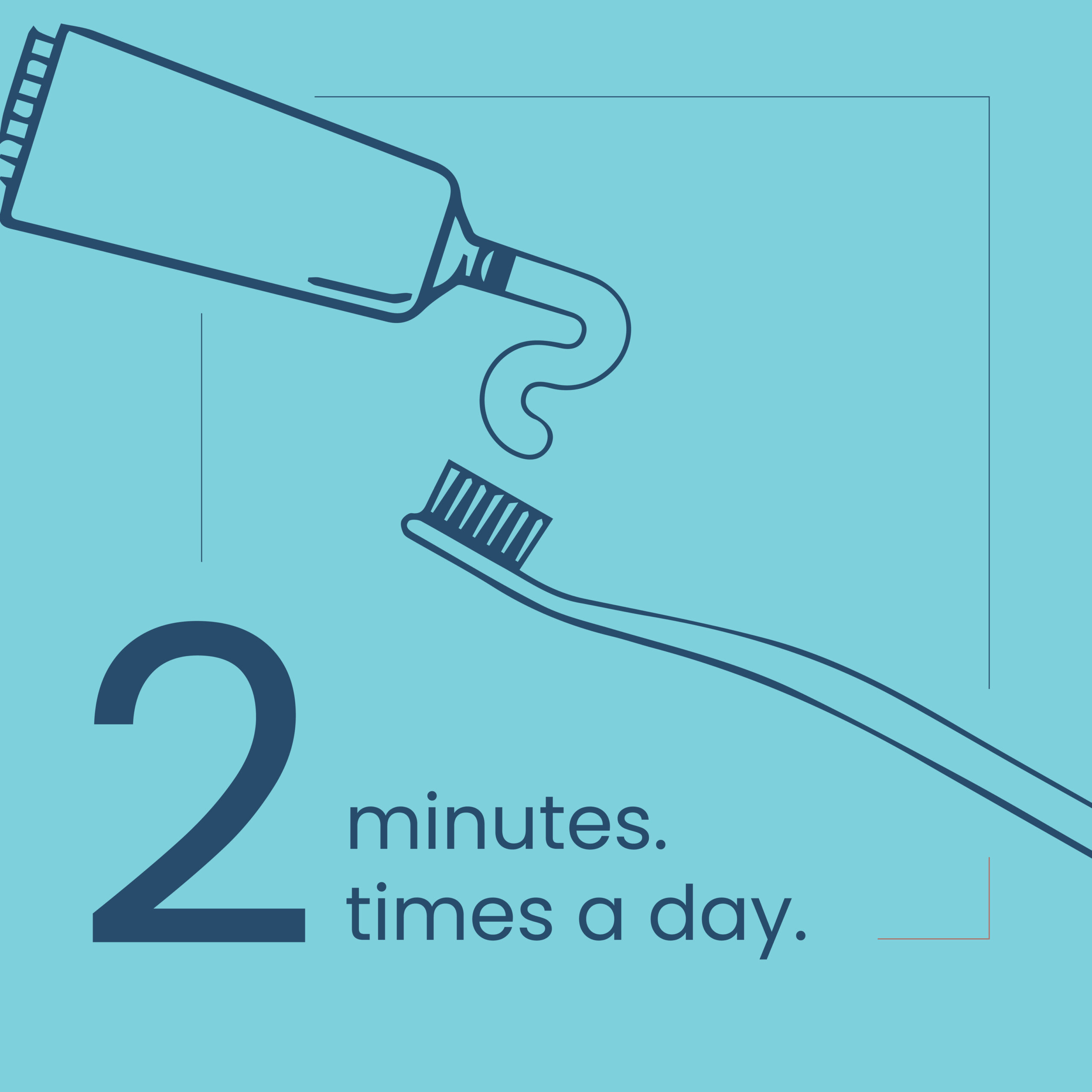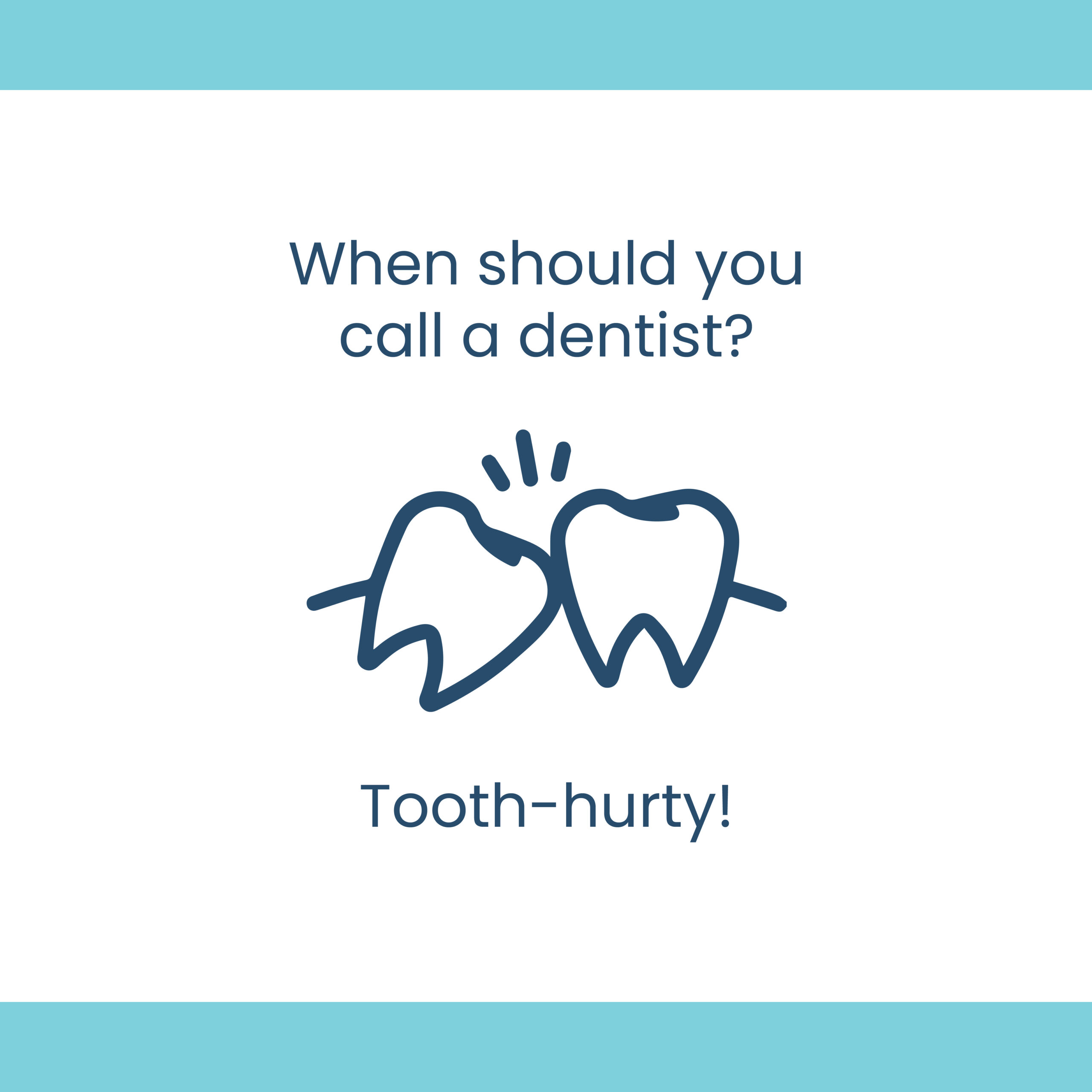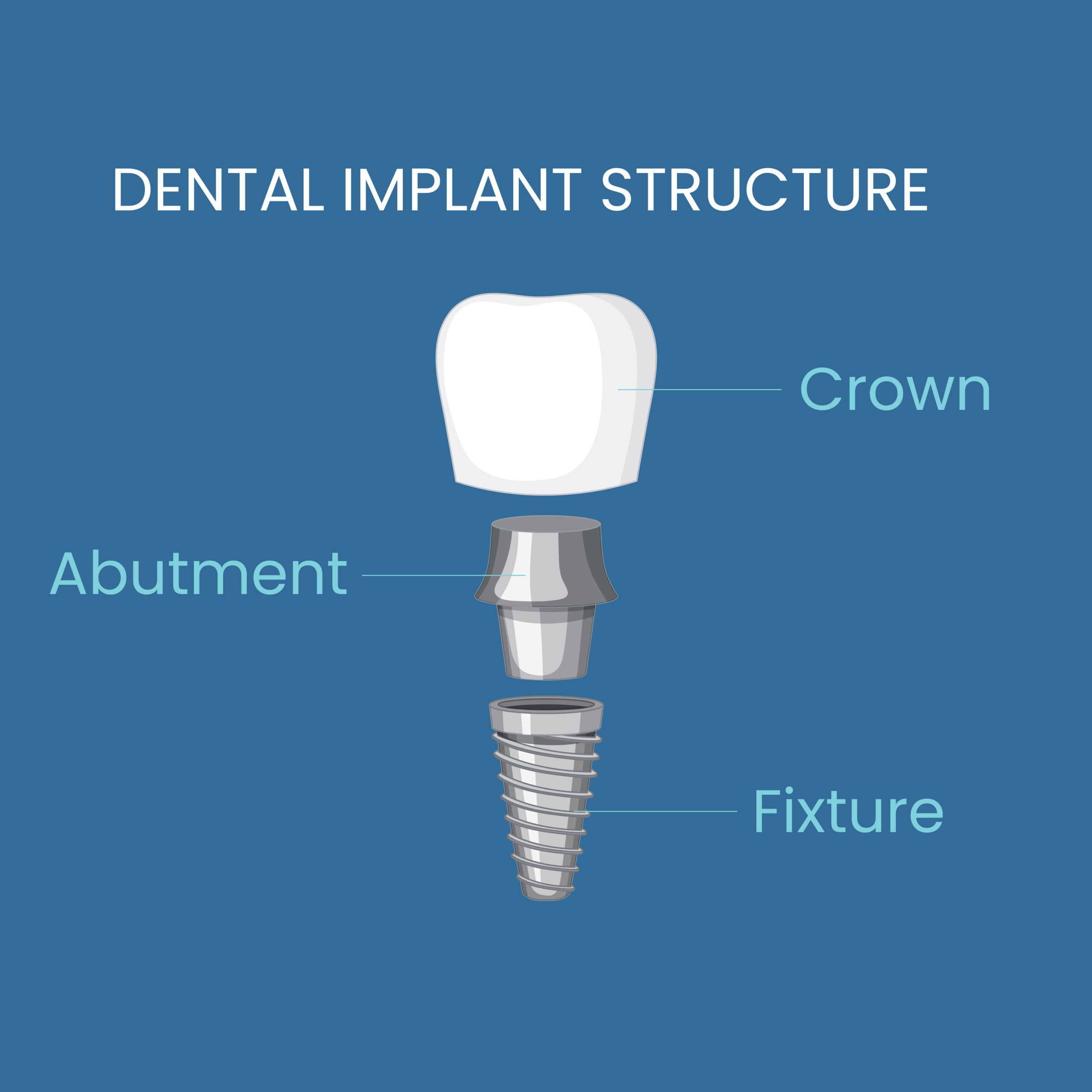At Waldorf Dental Group, we don’t want your visit to our office to feel like running through a haunted house. Yet many people find themselves feeling uneasy when it comes to seeing a dentist, either due to dental anxiety or dental phobia. To help ease your fears and equip you for your visit, we’ve broken down the differences between these conditions. Armed with knowledge, we can work together to get you the right dental care in Waldorf.
What Is Dental Anxiety?
Dental anxiety is common and involves a sense of unease or nervousness that can occur before or during a dental appointment. You could feel anxious about any dental care or just when confronted with a specific procedure, like a root canal.
Causes of Dental Anxiety
Several factors can contribute to dental anxiety:
- Past Experiences: Unpleasant or painful past dental visits can leave a lasting impression, causing anxiety in future visits.
- Fear of Pain: The expectation of pain, even if unfounded, can be a significant source of anxiety, causing tension and stress.
- Loss of Control: Being in a vulnerable position and unable to see what’s happening while we care for your teeth can lead to discomfort.
- Embarrassment: The American Dental Association (ADA) reports that 23% of adults feel embarrassed, and 1 in 5 are anxious due to the state of their smile.
Symptoms of Dental Anxiety
Dental anxiety can manifest in several ways, varying from mild to severe:
- Sweating
- Racing Heartbeat
- Upset Stomach
- Trouble Sleeping Before a Dental Visit
- Feeling Tense in the Waiting Room
What Is Dental Phobia?
Dentophobia, on the other hand, is more severe than dental anxiety. It is an intense fear or dread related to dental visits, and it can be overwhelming. People with dental phobia often avoid dental care in Waldorf altogether, which can lead to serious oral health issues.
Causes of Dental Phobia
The causes of dental phobia can be similar to those of dental anxiety but are more pronounced:
- Traumatic Past Experiences: A single traumatic event with a dentist or dental injury can lead to a lifelong phobia.
- Generalized Anxiety Disorders: Individuals with broader anxiety issues may develop phobias more easily.
- Inherited Traits: Some people may have a genetic predisposition to phobias and intense anxiety.
Symptoms of Dental Phobia
Dental phobia symptoms are more severe and may include:
- Panic Attacks
- Excessive Sweating or Trembling
- Crying at the Thought of Visiting the Dentist
- Feeling Physically Ill at the Thought of Visiting the Dentist
- Inability to Sleep for Days before the Appointment
- Avoidance of Dental Care Even When in Pain
Managing Dental Anxiety and Phobias
Communication Is Key
- Talk to Us: Before the appointment, discuss your fears with our dentist. We can tailor the experience to meet your needs.
- Be Specific: Let us know what aspects of your dental care in Waldorf are worrying you, such as pain, needles, loud noises, or feeling crowded.
- Signal System: Establish a hand signal to let us know if you need to take a break during the procedure.
Relaxation Techniques
- Deep Breathing: Practice deep breathing exercises to calm your nerves before and during your visit.
- Meditation and Visualization: Use meditation apps or visualize a calm place to reduce stress.
- Bring a Friend: We have no problem with you bringing a loved one with you to your appointment if it will alleviate your fears.
Gradual Exposure
- Start Small: Begin with a simple checkup at Waldorf Dental Group to build trust and gradually work up to more complex procedures.
- Regular Visits: Frequent dental visits can help desensitize your fear response and help you feel like this is routine rather than a big deal.
- Space Out Treatments: We can schedule your treatments based on your comfort level, finding a balance between the care you need and the comfort you require.
Professional Help
- Therapy: Cognitive-behavioral therapy (CBT) is effective in treating phobias. A therapist can help change negative thought patterns.
- Medication: In some cases, you may need anti-anxiety medication to help you relax during the visit.
The Role of Our Dental Team in Alleviating Fear
Our dentists and support staff play a crucial role in helping patients manage their fears. By creating a welcoming and non-threatening environment, we work to help ease anxiety and build trust. Here’s how we can assist you when you visit us for dental care in Waldorf, MD:
- Patient Education: We take the time to explain every procedure clearly and reduce fear of the unknown.
- Gentle Techniques: We’re trained to use gentle techniques and modern equipment to minimize discomfort.
- Compassionate Care: Our patient, caring, and understanding approach can make a significant difference.
Save the Frights for Halloween Night
Whether you have dental anxiety or dental phobia, let the team at Waldorf Dental Group know. By working together, we can personalize our approach to create a more comfortable experience for you. Get started today with a consultation. It may be spooky season, but your dental care in Waldorf, Maryland, can be free from the shadows of anxiety and fear.











